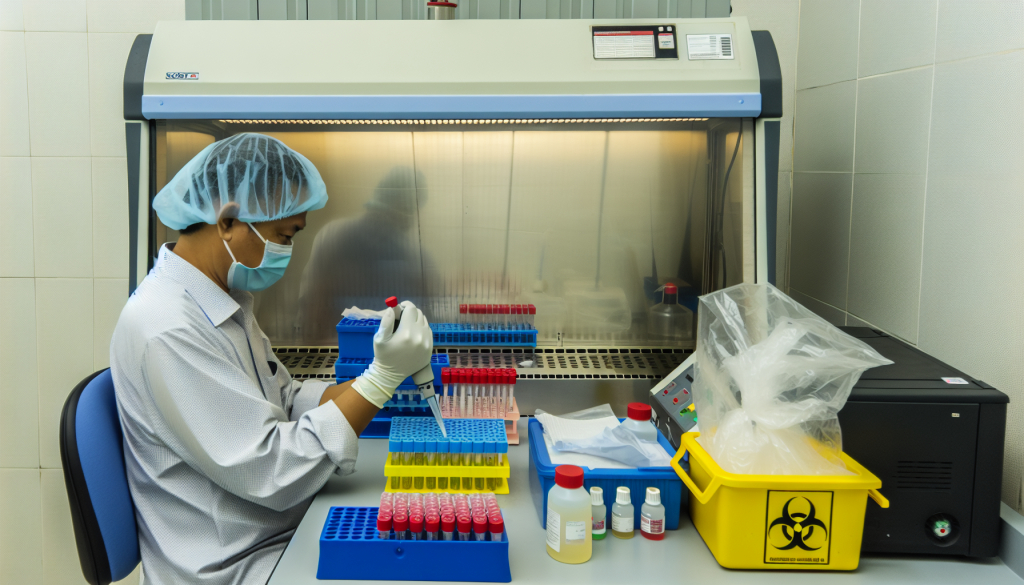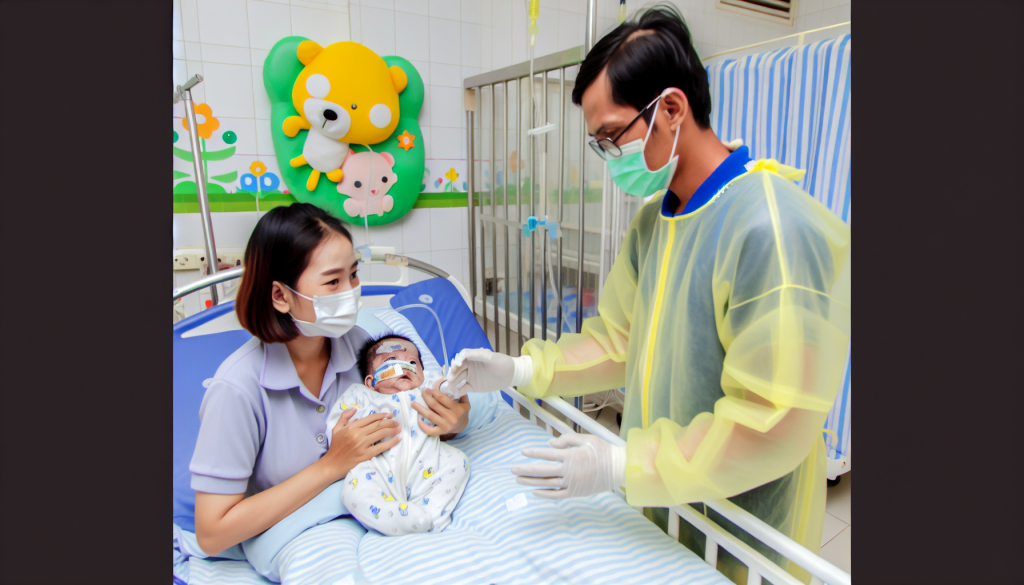WHO initiates major effort to increase health taxes and protect millions of lives

The World Health Organization (WHO) has unveiled a significant new campaign encouraging all nations to raise the real prices of tobacco, alcohol, and sugary beverages by at least 50% by the year 2035. This effort, known as the “3 by 35” Initiative, is aimed at reducing the burden of chronic illnesses while generating much-needed revenue for public services. With chronic diseases on the rise, alongside waning development aid and increased national debt, WHO is calling for action to strengthen healthcare systems through strategic taxation.
Products like tobacco, alcohol, and sugary drinks have been linked to a surge in noncommunicable diseases (NCDs) such as heart disease, cancer, and diabetes, which now account for more than 75% of deaths worldwide. According to recent research, implementing a 50% price hike on these items could prevent around 50 million premature deaths over the next five decades.
“Health-related taxes are among the most powerful tools we have,” said Dr. Jeremy Farrar, WHO’s Assistant Director-General for Health Promotion and Disease Prevention. “They reduce demand for harmful products while generating revenue that governments can reinvest into health care, education, and social welfare. The time to act is now.”
The Initiative envisions raising approximately US$1 trillion over the coming decade. Evidence of the strategy’s effectiveness is already visible: between 2012 and 2022, about 140 countries increased tobacco taxes, which led to a more than 50% rise in real prices, demonstrating that significant change is achievable.
Countries from Colombia to South Africa have seen both reduced consumption and higher revenue after implementing health taxes. Despite this, numerous nations still offer tax breaks to unhealthy commodity industries, including tobacco. Additionally, long-term agreements with these industries can make it harder to increase taxes, threatening national health goals. WHO advises countries to reconsider such agreements and eliminate any exemptions that hinder progress.
Cooperation is central to the success of “3 by 35.” Spearheaded by WHO, the Initiative brings together a coalition of global organizations that provide technical support, policy guidance, and practical insights. By joining forces, they aim to increase understanding and advance national efforts to adopt health taxes effectively.
Many governments are exploring ways to move toward self-funded health care systems and are seeking WHO’s assistance in doing so.
The “3 by 35” Initiative highlights several strategic action areas to support countries, combining evidence-based measures with effective implementation practices. These include:
• Reducing the appeal of harmful products by increasing their cost. This means introducing or increasing excise taxes on tobacco, alcohol, and sugary drinks to discourage use and save lives by reducing future health expenditures.
Increase or introduce excise taxes on tobacco, alcohol, and sugary drinks to raise prices and reduce consumption, cutting future health costs and preventable deaths.
• Generating funds to strengthen health and social systems.
Utilize domestic financial resources to support essential services, including universal health coverage and sustainable development initiatives.
• Building widespread support through collaboration across sectors.
Promote cross-sector partnerships by involving finance and health ministries, lawmakers, civil society groups, and academic experts to shape and implement effective tax policies.
WHO urges countries, civil society organizations, and development agencies to unite behind the “3 by 35” Initiative and endorse equitable taxation that safeguards public health and advances progress toward global development objectives.


